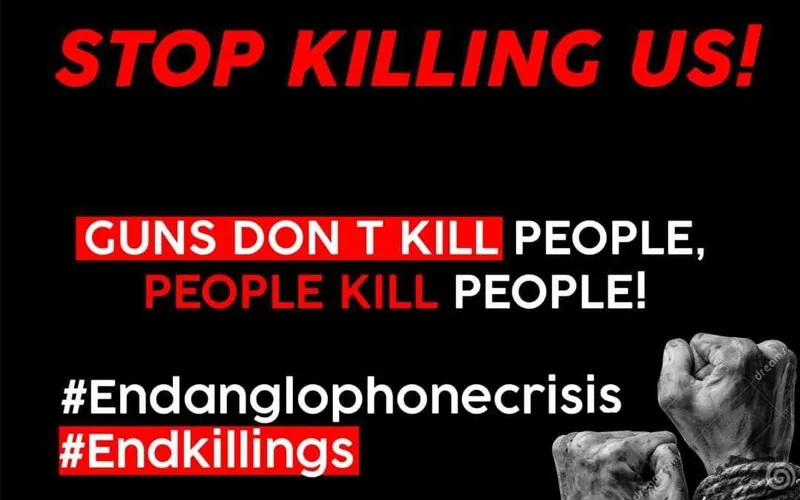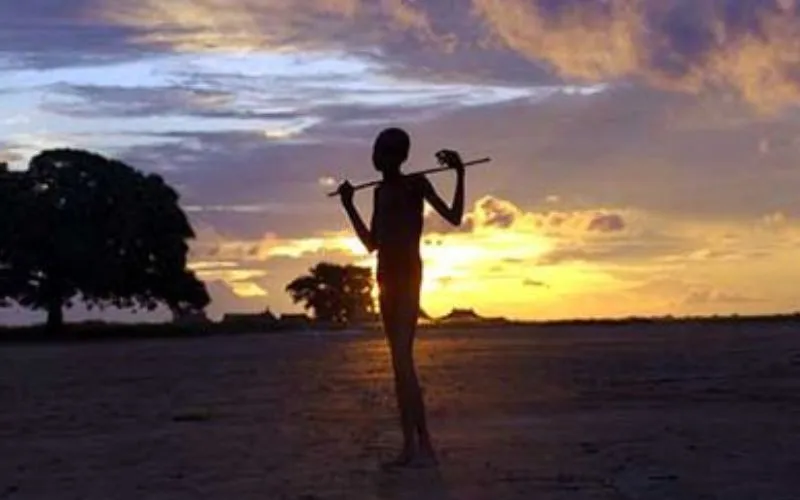Bamenda, 09 January, 2021 / 12:20 pm (ACI Africa).
Archbishop Andrew Nkea of Cameroon’s Bamenda Archdiocese has called upon warring forces in the Central African country to be more humane towards each other even as they seek a lasting solution to the country’s protracted Anglophone crisis.
Archbishop Nkea who has been actively involved in campaigning for peace between the separatists in the Anglophone territories of the South West Region and the Cameroonian government has, in a Wednesday, January 5 report, noted that both government soldiers and armed separatist groups have violently affected the civilian population on a daily basis and that he has been asking both sides to be more humane as they fight.
“We have tried to talk to the soldiers: don’t treat the population as if they were a foreign and conquered people. After this thing is over, we are going to sit down again as brothers and sisters as we were,” he says in the Crux report published Wednesday, January 5.
On the other hand, he continues in reference to the over four-year-old crisis, “we are saying to the boys (separatist fighters), don’t go targeting soldiers and killing them and making them to unleash their venom on the population.”
Two English speaking regions of Cameroon, North-west and South-west, have been experiencing violence since 2016 after Francophone teachers and judges were sent to work in the historically marginalized Anglophone region.








